The real problem with contact tracing lies with humans not technical limitations
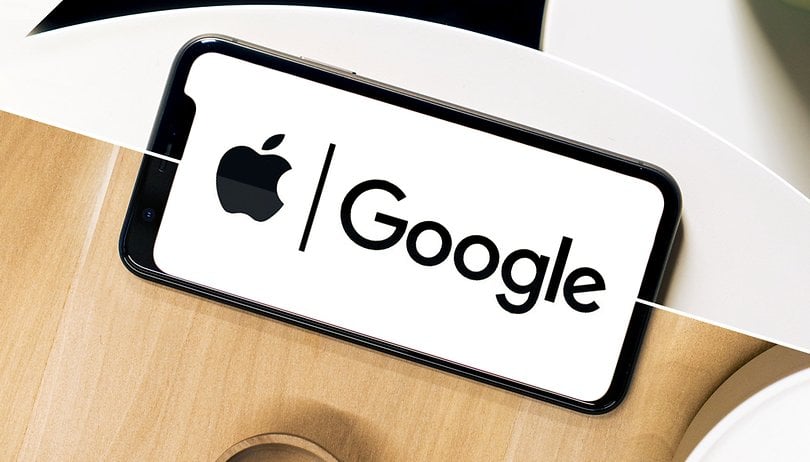

Read in other languages:
Bluetooth as opposed to geolocation. It seems that an ideal compromise has been achieved between "contact tracing" (a collaborative and non-geolocalised technology for tracking COVID-19 infected people that governments are working on) and giants of the tech world. Is it possible to actually stem the spread of coronavirus without collecting your personal data? This is one seemingly impossible task.
All the more so as low-risk contact tracing is still in its infancy with serious technical limitations. On Tuesday, April 21, we learned that the contact tracing solution co-developed by Apple and Google would be incompatible with nearly two billion smartphones worldwide (simply because those handsets are too old).
However, that is not the end of it. iOS does not allow, as it stands, the activation of Bluetooth in the background by a third party application. The use of Bluetooth also raises questions about the accuracy of contact tracing tools as well as the high probability of false positives.
Theoretically, your smartphone could detect a contaminated person close to you (in a different building) but with whom you have had no physical contact. The development of a common API by Google and Apple also does not guarantee that official applications such as StopCovid will be head in a similar direction.
In short, there is still plenty of work to be done. However, in my opinion, the real problem lies not in the long list of technical limitations that can eventually be overcome. Above all, it is the human factor that comes into play. Rather, our distrustful and undisciplined human nature remains as the main obstacle to the effectiveness of such tools.
Such collaborative solutions rely on individual choices: a bad idea
The collaborative aspect of contact tracing tools, in my opinion, is simply shooting oneself in the foot. Appealing to collective responsibility by banking on individual choices is a lost cause from the beginning. Let us assume that Apple and Google's API and state applications are deployed in time for the proposed lifting of restrictions.
This would require users to install Android and iOS updates, install the proposed apps based on these APIs, enable Bluetooth while they are on-the-go, get tested, and then agree to share the diagnostic results. Do you see the problem here? There are simply too many uncontrollable elements in the equation, and these happen to be based on individual choices.
I will not talk about our deep-seated tendency in being selfish and the cost of human life, but the fact remains: not everyone will be on board. I saw this come into play when I was in France where social distancing was implemented, and also observed the same in Berlin where I have been staying at since March, although the social distancing rules here were more relaxed than at Paris.
According to the Covid Watch collaborative contact tracing project conducted by Stanford University in the United States, 50 to 70 percent of Americans would need to use such an application for it to be effective. However, according to Bloomberg, only 80 percent of the population owns a smartphone. And when you take into consideration the anti-lockdown demonstrations and the number of conspiracy theories that make their way across the Atlantic, there is every reason to be pessimistic.
The general indiscipline that we all are capable of is indeed only the tip of the iceberg. The heart of the problem lies in our almost innate mistrust of technological giants and authority.
Anti-lockdown protester seen holding ‘Covid-19 is a lie’ sign while wearing full protective gear https://t.co/hxZBYKSBSc
— The Independent (@Independent) April 19, 2020
Mistrust of GAFA and the State is too deep-rooted
There is a growing number of people who are experiencing cyberchondria, who are wary of evil and conspiracy theories wherever they turn to, so much so that they actually burned down 5G antennas for fear that they might transmit COVID-19. Do you foresee them using an application like StopCovid voluntarily? However, some might say that it is unfair of me to simplify matters as mere distrust or unnecessary collection of personal data by the state or GAFA (Google Apple, Facebook, Amazon) as a conspiracy theory.
These technological giants have proven time and time again that they do not place the privacy of our collected data high on their priority list. We have even seen just how their collection and exploitation of our data is part of their business. That is an indisputable fact. Hence, I understand the reluctance of some people to see Apple and Google join forces in developing tools for authorities and other public health agencies.
This is a reluctance that consulting firm Oliver Wyman tried to quantify through a survey of 3,500 people in the United States, the United Kingdom, Germany, Spain, Australia, and Singapore (where there already exists a contact tracking application). According to this study, only 20% of the respondents on average (the average figure is based on all six countries surveyed) declared themselves ready to share COVID-19 testing information via an application.
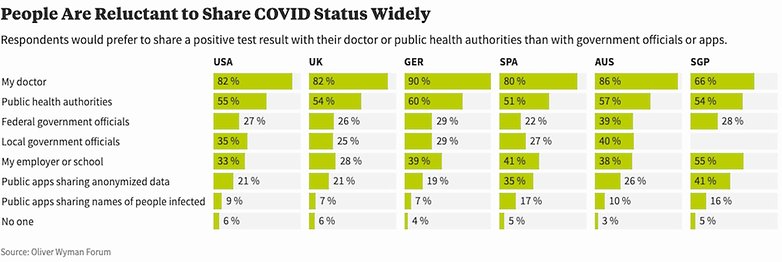
But this study is rather limited in its methodology (3,500 people from six countries do not make up an accurate representation). In addition, the questions assumed that the applications in question share the identity and location of users publicly or with the authorities.
However, no geolocation data would be used by the contact tracing technologies that are being developed, such as in France. We would only be alerted if you have been in contact with a person who has indicated via the app that he or she has contracted the virus. With the proposed solution that will be joint-developed by Apple and Google, all data shared via Bluetooth will be stored locally on your smartphone.
The data sent to the servers (connection packets of the infected person's with other users in the past 14 days ) will be decentralized, and there will not be a single server that stores all of the data. Moreover, this anonymized and encrypted data will contain only the strict minimum amount of information (date of diagnosis, people met).
Still, I can't blame some people for being skeptical about such technology. The effectiveness of contact tracing assumes the smooth implementation of other safeguards, as explained in early April by the President of the CNIL Marie-Laure Denis during a video conference session by the Laws Committee of the National Assembly.
It is not only the GAFA, but also governments who will have to step up displaying leadership mettle if they want their tools to be credible in the eyes of the public.










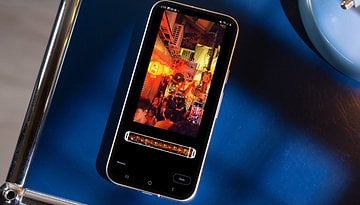

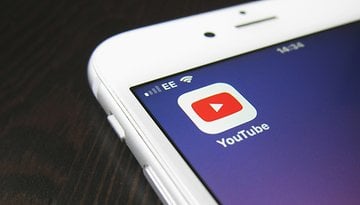
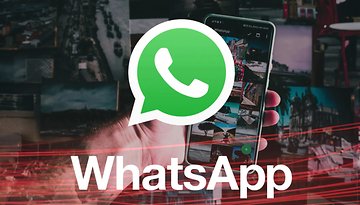
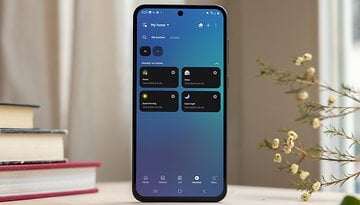








The Australian government also wants this crap, I would be interested IF our data stayed in Australia.... but no lets just store OUR info in the US, which then give access to the US authority because the data is in the US! NO WAY WILL IT BE ON MY PHONE.
Yes, it's flawed. But it's the most powerful option yet. Don't let the perfect be the enemy of the good.
-
Admin
Apr 24, 2020 Link to commentWe are already being traced and localized by Google,Apple,Amazon, food delivery companies, Facebook, Whatsapp, all sorts of apps and companies and all of them for their own evil reasons. This time it would be for something good and useful and we talk about Big Brother ? Get real